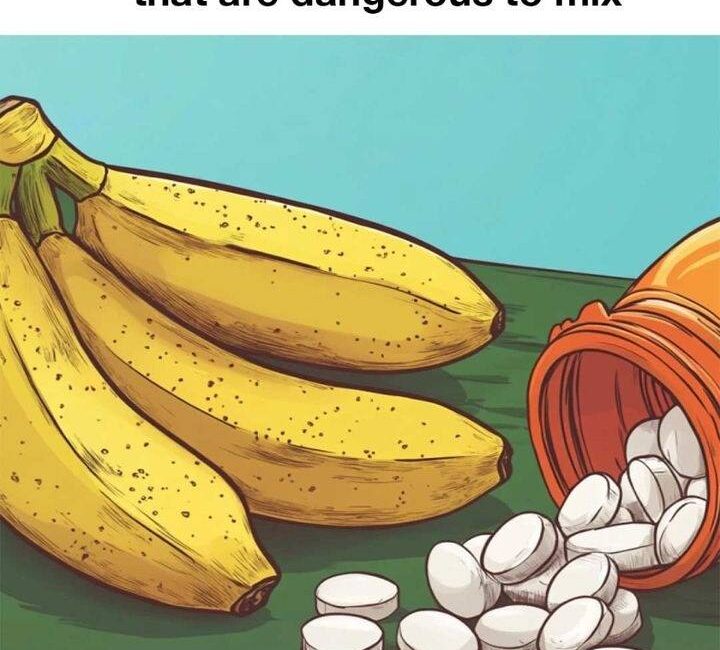Did you know that the foods you consume can significantly influence the effectiveness of your medications? Most people are aware of the importance of taking their prescribed drugs on time, but many overlook the critical interactions between food and medication. Understanding these interactions is paramount—not just for ensuring the efficacy of your treatment, but for promoting your overall health.
The Nexus Between Food and Medicine
The interaction between food and medication occurs when certain foods affect the pharmacokinetics and pharmacodynamics of drugs. In simpler terms, this means that the way your body absorbs, metabolizes, and excretes a medication can be altered by what you eat. Failing to consider this can lead to decreased effectiveness of the medication or, on the flip side, cause unwanted side effects.
Imagine maintaining a healthy diet filled with nutrients, only to discover that some of those very foods are neutralizing your medications or intensifying their side effects. By being aware of how what you eat interacts with your prescriptions, you can make proactive choices to protect your health.
Common Food and Medication Interactions
Here’s a look at some notable food and medication interactions that you should keep in mind:
- Grapefruit Juice and Statins: Grapefruit juice is famous for its ability to interfere with certain statin medications used to lower cholesterol levels. The fruit contains compounds that inhibit enzymes responsible for metabolizing these drugs, which can lead to elevated levels of medication in the bloodstream. This could increase the risk of side effects, such as muscle damage.
- Vitamin K and Blood Thinners: For patients taking blood-thinning medications like warfarin, it’s essential to monitor your intake of foods high in Vitamin K, such as kale, spinach, and other leafy greens. A sudden increase or decrease in Vitamin K consumption can undermine how well the medication works, affecting your blood’s clotting ability.
- Dairy Products and Certain Antibiotics: Some antibiotics, particularly tetracyclines and fluoroquinolones, can bind with calcium found in dairy products, making them less effective. A gap of at least two hours before or after taking the medication is often recommended to avoid this interaction.
- Alcohol and Multiple Medications: Alcohol can significantly affect the metabolism of various medications, including pain relievers and antidepressants. Mixing alcohol with medications can lead to a host of issues, including heightened sedation, liver damage, and impaired mental function. Always consult your healthcare provider regarding alcohol consumption while on medication.
- High-Fiber Foods and Diabetes Medications: While high-fiber foods are generally considered healthy, they can slow the absorption of certain diabetes medications. This can affect blood sugar control. Patients on diabetes medications should aim to consume fiber consistently and discuss its timing with their healthcare provider.
Tips for Managing Food and Medication Interactions
- Consult Your Healthcare Provider: Always discuss your diet with your doctor or pharmacist when receiving a new prescription. They can provide specific guidance tailored to your health needs.
- Read Medication Labels: Pay attention to any dietary restrictions mentioned on medication labels. Many medications will have warnings about food interactions.
- Create a Food Diary: Keeping track of the foods you eat in relation to your medication schedule can help you identify potential interactions and adjust your diet accordingly.
- Stay Informed: Be proactive in educating yourself on potential food-drug interactions. Resources are available online, but ensure you consult reputable sources or professionals.
Conclusion
The connection between food and medication is a vital aspect of health management that deserves attention. By staying informed about these interactions, you can avoid pitfalls that may hinder your treatment plans and focus on leading a healthier, more vibrant life. Remember, your health is a partnership between your diet and your medications—understanding how they work together promotes not just well-being, but longevity. So the next time you reach for that snack or meal, take a moment to consider how it might interact with your medications. It could make all the difference in your treatment journey.




